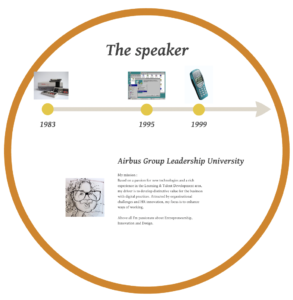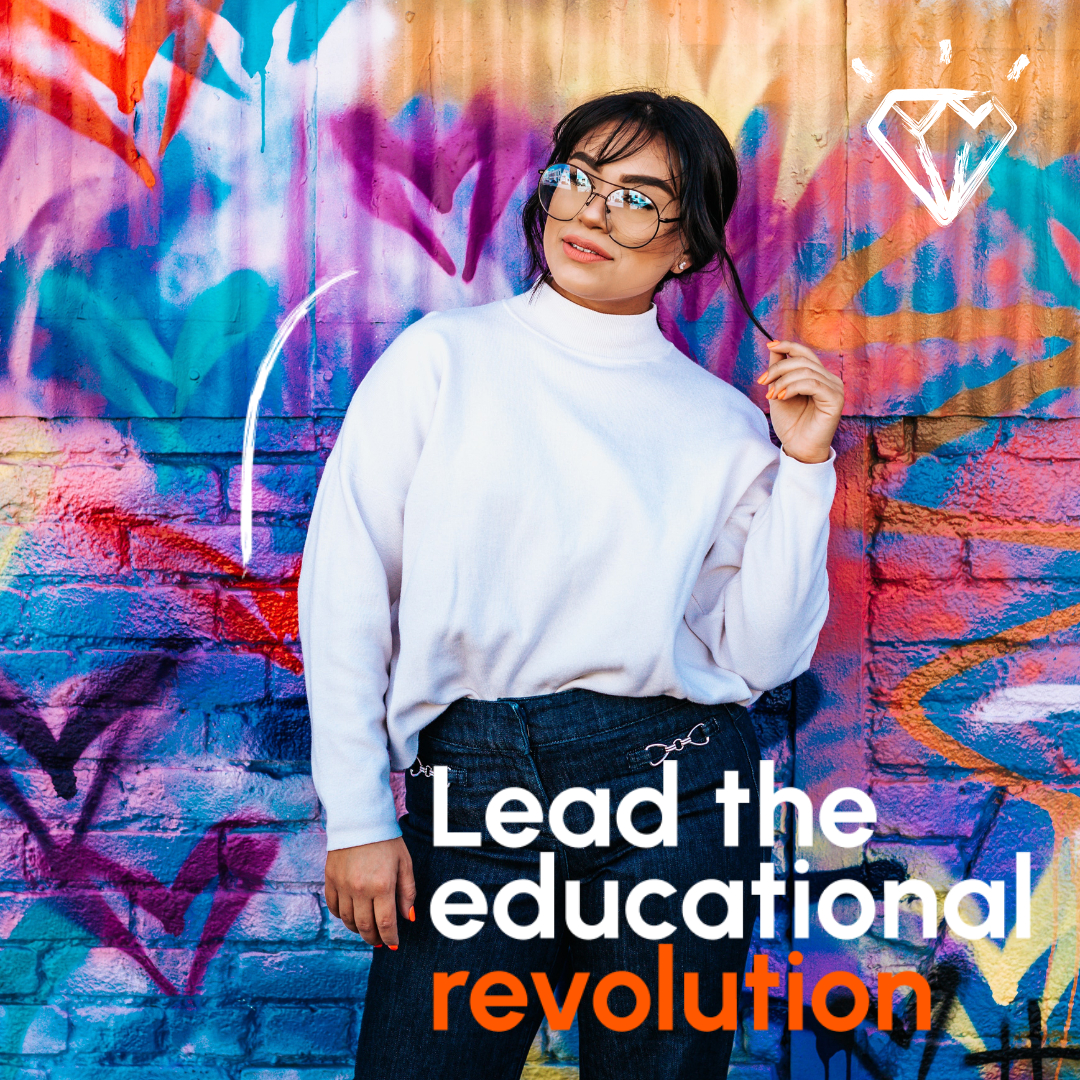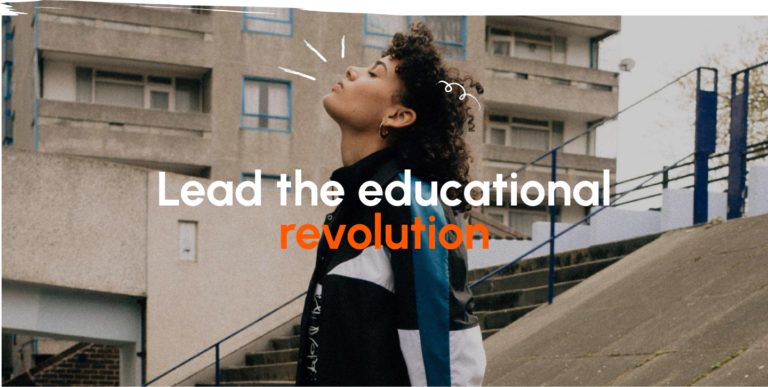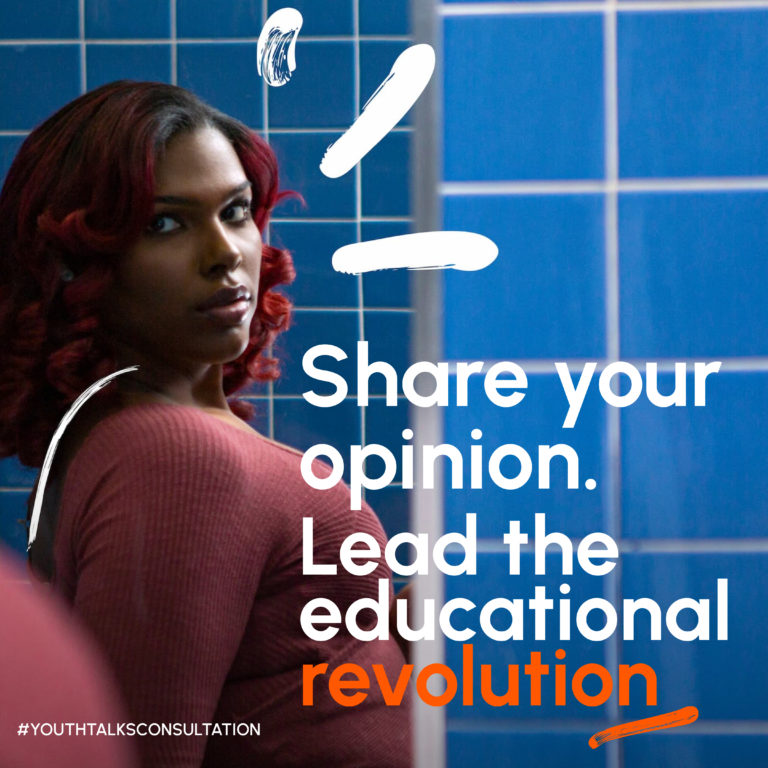Navigating Uncharted Waters – The Need for Capabilities over Credentials
Just over a decade ago, I was enveloped in the arcane language of the law, charting my course through the dense labor and social regulations labyrinth. The call of the legal profession, with its promise of rigorous intellectual discipline, secure employment, and elevated social status, had steered me towards a five-year odyssey in university. It was a journey navigated under the guidance of well-meaning mentors and societal expectations. Yet, despite mastering the nuances of the Code du Travail, Civil Code, and European Social Code, I found myself adrift in the sea of legal practice during my first internship.
As I clocked out of the office daily, I felt the spark in my eyes. I was technically proficient but emotionally disconnected. I came to a startling realization that you’ve studied a field that doesn’t necessitate a career.
This epiphany triggered a pivot, a transition towards Human Resource Management, a domain where I could marry my legal prowess with my inherent interests. Consequently, I found myself straddling the realms of digital innovation and e-learning – areas that were exciting, dynamic, and, most importantly, didn’t demand a specific degree as niche topics. The skills I had honed – adaptability, resourcefulness, and the ability to learn rapidly on the job – were more relevant than the credentials I had amassed.
My story is familiar. You would likely know numerous individuals who’ve built successful careers but weren’t academically trained or mastered their roles. This phenomenon underscores the primacy of capabilities over mere knowledge or credentials. I can vouch that demonstrating practical skills and showcasing personal projects have opened doors for me.
As we stand on the cusp of a new era in education, it’s high time we reassess our approach to learning and skill development. This article aims to make a compelling case for a paradigm shift in education – a shift that prioritizes the development of diverse capabilities and a systemic approach to learning. It isn’t just a call to educators and institutions; it’s an invitation to parents, teachers, career counselors, and all stakeholders involved in youth development. Together, we can redefine education to better equip our youth for the multifaceted challenges of the future. Let’s review on the components of this transformation.
The Evolution of Education: A Millenial Perspective
From the time I was navigating the hallways of secondary school in the late ’90s to my immersion in the corporate landscape of 2007, the digital revolution has been my constant companion. The emergence of high-speed internet, online communities, and the ever-expanding social media landscape dramatically transformed the fabric of my academic and professional life.

As a student, I discovered the immersive world of the Internet, including IRC chats, Messenger, Second World, and The Sims. In the early 2000s, as I navigated through my university years, the explosion of social networks like Netscape, Myspace, and the impact of pivotal events like 9/11, unfolded in real-time on the web. These experiences did not occur within the confines of a classroom, but at home, on my laptop, among my friends, and in the vibrant online communities we were part of.
While traditional legal education maintained a tight focus on economic theories, doctrine review, case law analysis, and legislative codes, the rapidly evolving digital world was barely a footnote. It was left to us, the students, to recognize the impact of the Internet on the economy, harness the power of legal databases and student forums, and navigate the grey web. We educated ourselves using digital tools, often teetering on the edge of copyright and commercial rules.
This was when education in new technologies was marked by optional certifications like the C2i (Information and Internet Certificate), which merely acknowledged basic digital skills such as using word processing software or understanding the legal aspects of digital activities. However, the fundamental transformation of education was still to come.
I see the evolution of education in three key stages:
Stage 1: The Advent of MOOCs – This wave of Massive Open Online Courses forced traditional educational institutions to reevaluate their curricula and digitize their content.
Stage 2: The Learner Experience Goes Online – The success of platforms like Khan Academy and Wikipedia necessitated teachers to reinvent their content creation and classroom interaction strategies to cater to this new hybrid learning environment.
Stage 3: The Learner Becomes the Teacher – With real-time access to information and digital tools, students became content creators, challenging teachers to reevaluate their role and approach to teaching.
This ongoing education transformation, with students at its core, brings us to the current crossroads. The advent of AI-powered tutors, such as ChatGPT, signals a new era in education, where generative AI co-pilots the educational journey.
However, if you ask youths about the future of education, technology is not the main part they wish to change. Taking a closer look to some testimonies collected during Youth Talks with the video interviews, our first insights highlight the need for an educational system that prioritizes the development of their capabilities. These personal narratives catalyze a deeper conversation on education, urging us to reconsider our approach and redefine learning parameters.
As we delve deeper into these perspectives, remember: this isn’t merely about adopting new technologies or methods. It’s about reshaping the educational landscape to foster an environment that enables learners to thrive in an increasingly complex world.
The Youth Talks’ Perspective: A Human Story
The voices of the youth hold a profound power. They represent the hope and potential for a better future, a collective aspiration for change, and the courage to question and redefine the status quo. This power was palpably present in the testimonies of our seven students, each sharing their unique experiences, emotions, and perspectives on the current education system.
Eduardo underscores the importance of acceptance, compassion, and learning from mistakes. He emphasizes personal development, showing the critical role of resilience and a growth mindset in education.
Reilly voices his frustration with the inadequacy of historical education, advocating for a truthful representation of history and global awareness. His words underscore the urgency to integrate a more comprehensive and accurate portrayal of history in our schools, cultivating informed and conscious global citizens.
Noami, an empathetic soul, hopes for a future where relationship skills are woven into the educational fabric. His words reverberate with the desire for a society where understanding and empathy are not just desired traits but taught skills. Eduardo’s sentiment echoes a more prominent global conversation about the importance of emotional intelligence in our schools.
Guitta courageously critiques the high-pressure environment and intense competition promoted by schools, calling for more recognition of individual strengths and alternative measures of success. Her words reflect a global cry for reform, a shift from an overly competitive academic culture to a more holistic and inclusive education system.
With her keen sense of critique, Ingrid highlights the necessity of reading and critical thinking, skills she deems essential for real-world situations. Ingrid’s perspective highlights the gaps in our education system and the pressing need to align curriculum with societal realities and future challenges.
Jasmine shares her passion for creativity and hands-on learning, emphasizing the importance of diverse career paths and lifestyle options. Her perspective serves as a reminder of the need for a more flexible and personalized education system that values and fosters different talents and interests.
Maycon emphasizes emotional and social skills, underscoring the importance of viewing life as a continuous process rather than a race. His testimony resonates with the growing discourse around the significance of social-emotional learning and the need to nurture lifelong learners.
Decoding the Echoes: Similarities and Differences in the Youth Voices
The testimonies from our youth participants revealed striking similarities yet also captured the diversity of experiences and perspectives that define their generation. These common threads and unique variances paint a complex picture of their shared and individual educational experiences and aspirations.
Common Grounds: A Call for Holistic Education
Across the board, the testimonies reflected a collective desire for a more holistic approach to education. From Eduardo’s call for relationship skills and empathy to Maycon’s emphasis on emotional and social intelligence and Ingrid’s insistence on reading and critical thinking, the youth echoed the sentiment that schools should extend their focus beyond traditional academic competencies.
Their shared narrative underscores a yearning for an education system that prepares them for a job and life. They advocate for an approach that promotes respect, empathy, understanding, and the ability to navigate complex social interactions – skills crucial in building resilient and cohesive societies.
Individual Echoes: The Diversity of Experiences and Perspectives
Despite these commonalities, the specific focus of each testimony varied considerably, reflecting the diversity of their individual experiences, challenges, and aspirations.
While Eduardo and Maycon prioritized empathy and social-emotional skills, Ingrid and Reilly emphasized critical thinking and a genuine understanding of history. On the other hand, Guitta voiced her concern over the pressure and intense competition in schools, while Jasmine stressed the importance of creativity, hands-on learning, and diverse career paths.
These differences in focus highlight the unique challenges and aspirations each student faces. They underscore the importance of a flexible and personalized approach to education, capable of nurturing different talents, interests, and needs.
Bridging the Gap: The Future of Education
In synthesizing these insights, it becomes apparent that the youth call for a shift in how we approach education. They seek a system that recognizes their diverse talents and aspirations and equips them with the skills and competencies they need to thrive in the real world.
The challenge and opportunity before us is to bridge this gap between traditional education and the evolving needs of our youth. As we shape the future of education, we must heed the voices of our youth, embracing their diversity and cultivating their unique talents and potential. After all, it is in their hands that the future rests.
Capabilities Over Knowledge: An Urgent Paradigm Shift
The education system has long been predicated on knowledge acquisition – that accumulating, retaining, and recalling information is the cornerstone of learning. While knowledge is undoubtedly crucial, we must acknowledge the growing importance of capabilities – skills, attitudes, and competencies – in shaping a holistic, future-ready education.
(NIU) Professor Howard Gardner’s theory of multiple intelligences underscores the need for this shift. According to Gardner, intelligence extends beyond the traditional domains of linguistic and logical-mathematical abilities to include spatial, musical, bodily-kinesthetic, interpersonal, intrapersonal, and naturalistic intelligence. These varied forms of intelligence highlight the importance of nurturing diverse capabilities that enable individuals to navigate and thrive.
A capabilities-based approach to education equips students with the tools to navigate the rapidly evolving global landscape and contributes positively to their mental health and self-confidence. Focusing on individual strengths and interests fosters a sense of agency and self-efficacy in our students, reducing anxiety and stress associated with rigid, one-size-fits-all educational structures.
The Power of Vocational and Humanities Education
Vocational education and humanities education plays a pivotal role in this paradigm shift. Vocational education, emphasizing practical skills and real-world application, equips students with tangible capabilities that increase employability and self-sufficiency. Meanwhile, humanities education nurtures critical thinking, empathy, and cultural awareness – soft skills increasingly valued in today’s interconnected world.
For instance, consider the story of Jasmine from our earlier testimonies, who found her calling in cosmetology. Her report underscores the importance of recognizing diverse talents and career paths in our education system. Similarly, Reilly’s insistence on a genuine understanding of history reflects the value of a humanities education in shaping informed, engaged citizens.
Nurturing a Maker Mindset and Doer Attitude in a VUCA World
Adapting and creating are more valuable than ever in today’s volatile, uncertain, complex, and ambiguous (VUCA) world. In this environment, a maker mindset and a doer attitude aren’t just advantageous—they’re essential.
A “maker mindset” refers to an approach where individuals are encouraged to create, innovate, and bring ideas to life, while a “doer attitude” signifies proactivity, resilience, and the ability to execute ideas. These traits empower individuals to navigate the complexity and uncertainty of our modern world.
Education has primarily nurtured analytical minds and thinkers for the past few centuries – those who excel at absorbing, analyzing, and interpreting information. However, the doers, makers, and tinkerers will lead the charge as we move into the future. They are the ones who will innovate, adapt, and create tangible solutions to the complex problems our world faces.
Using insights from my journey, the maker mindset and doer attitude have been instrumental. When I began my career in the corporate environment, digital skills in high demand were not part of my formal education. Instead of being overwhelmed by this gap, I embraced it as an opportunity for growth. I started to learn from online communities, experimenting with codes and tinkering with different software. This hands-on approach to learning allowed me to adapt to the ever-evolving digital landscape and seize previously unimaginable opportunities.
The importance of nurturing these traits becomes even more significant when we consider the digital natives of today. These individuals are growing up in a world of constant change. They must be equipped with the knowledge and the ability to apply it creatively in various contexts.
In conclusion, as we look towards the future of education, we must pivot towards fostering a maker mindset and a doer attitude. The next decade will be the era of the makers, the doers, and the tinkerers, who will navigate the VUCA world with agility and innovation. The transition may be challenging, but our youth’s voices and future demands make it clear: it’s a change worth pursuing.
The Call to Action
In the face of unprecedented technological advancements and societal shifts, it is clear that the traditional education system needs a significant overhaul. This realization stems from my journey through the education system, the corporate world, and the testimonies of youths navigating this landscape.
Our exploration began by acknowledging the mismatch between traditional education and the demands of the 21st-century world. From my personal story of being a digital native, learning more outside of the classroom than within, we see the need to integrate technology and its implications into our education system. The fact that technology plays a significant role in the evolution of education only reinforces this need.
The youth’s perspective on this matter was particularly revealing. They aspire for an education system beyond imparting knowledge to fostering life skills, critical thinking, emotional intelligence, empathy, and respect for others. Their testimonies underline the importance of holistic, relevant, and empathetic education.
Lastly, we delved into the urgent need for a paradigm shift – from prioritizing knowledge to developing capabilities. The power of vocational and humanities education in cultivating these capabilities is sure. Moreover, in our VUCA world, nurturing a maker mindset and a doer attitude is no longer a choice but a necessity.
As we stand at the precipice of change, the responsibility to reshape education falls on all of us – educators, policymakers, parents, corporations and society. Let’s embrace the challenge and strive to create an education system that is future-ready and centered on the holistic development of our youth.
Let’s prepare our young people for today’s world and tomorrow’s challenges and opportunities. Let’s empower them to become creators, innovators, and leaders, not just consumers of knowledge. This isn’t just a call to action—it’s an invitation to shape the future, one learner at a time.



